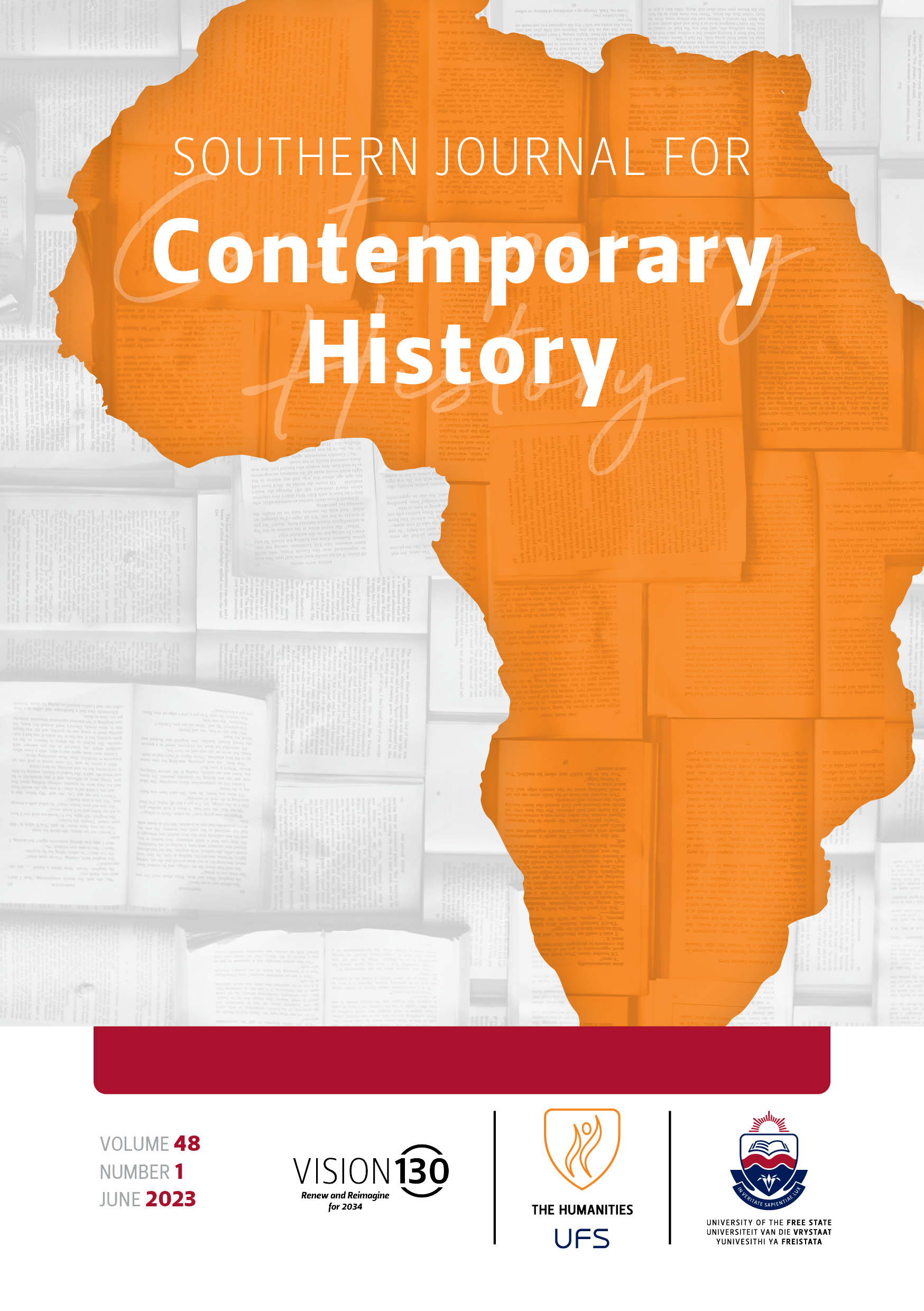Book review of, Arrested Development: The Soviet Union in Ghana, Guinea, and Mali, 1955-1968
DOI:
https://doi.org/10.38140/sjch.v48i1.7442Abstract
Alessandro Iandolo’s first book examining the history of development assistance that the Soviet Union provided to Ghana, Guinea, and Mali starting in the late 1950s is an impressive piece of research. The book is a solid addition to international and transnational histories that have helped deepen our understanding of the Cold War and decolonisation eras in the mid-
20th century. Making the case that the Soviet Union was attempting to pioneer a new statist but non-communist style of development in West Africa, the book makes an interesting and important intervention in the growing literature examining development on the African continent in the mid and late 20th century. While retaining a focus on the Soviet Union and its policy makers, as befitting a Soviet specialist, Iandolo also conducted significant research in both Ghana and Mali, as well as in North America and Europe. This extensive archival work ensures that this Cold War story does not merely relegate Africa and African leaders to a supporting or ancillary role in the global conflict. Rather, the leaders of Ghana, Guinea, and Mali emerge as the significant players on the global scene that they were in the late 1950s and early 1960s.
Downloads
##submission.downloads##
Published
How to Cite
Issue
Section
License
Copyright (c) 2023 John Aerni-Flessner

This work is licensed under a Creative Commons Attribution 4.0 International License.




